


Jason Rohrer succinctly demonstrated a troubling theme in revolutionary game design. In an interview with RPS on his upcoming game The Castle Doctrine, Rohrer outlined a principle of evoking emotional investment from the player by tying her gamestate with the condition of some variables – namely, her in-game family.
In The Castle Doctrine, you step into the role of a man trying to defend his house and possessions from burglars. The cycle of the game speaks of the player rigging up traps around her house before departing into the MMO environment to burgle a neighbour, in turn leaving her own home vulnerable to an intruder. Laying successful traps and surviving the traps of others nets the player more cash to spend on traps, and the process reiterates.
In the interview, Rohrer describes how he felt there to be a missing ingredient in this dynamic, so he introduced the factor of a family to complete the context. Each family – a wife and kids – will be uniquely generated and, like the player, subjected to the threat of a permanent death. Now as well as wanting to protect her hoard, the player will presumably grow attached to this family and be inclined to protect them alongside her material wealth.
To cement this attachment, Rohrer describes a mechanic laid over the familial unit: when someone breaks in, if the wife manages to escape the house unharmed, she will have safeguarded half of the player’s wealth. On the other side of things, when burgling a house, the player will be incentivized to kill the wife to double the pot. This dynamic of killing intruders to protect one’s possessions completes The Castle Doctrine idiom.
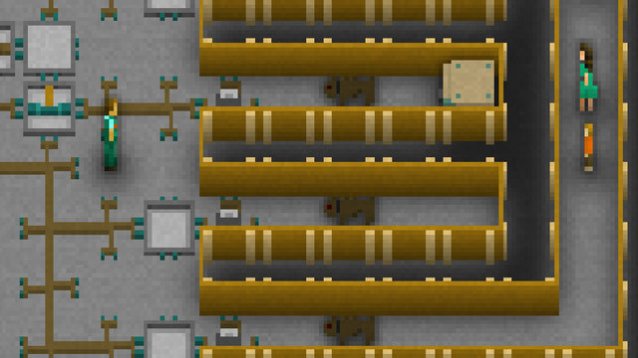
There’s a carnival of problems within this narrative alone, even before you wade into Rohrer’s personal opinions disclosed by the game’s surrounding interviews. Right now, I’m specifically concerned with the wife mechanic.
The practice of tying some mechanic to a character to evoke a response can evidence incisive design. Thomas Was Alone imbues geometry with platforming properties to craft relationships between the puzzle elements. Staring at Slenderman triggers visual and auditory static; not looking at SCP-173 allows it to move and attack you. The Companion Cube’s repeated handiness and continuity stood it against other fleeting, heartless cubes.
What bothers me about The Castle Doctrine, at least as Rohrer describes it, is in the contrivance of mechanics as a route towards concepts of value. Passage, another title by Rohrer, subscribes to the theory that the player is endeared to the wife character by her proximity and companionship, despite spatial disadvantages of having her attached. It’s an empathic drive.
For The Castle Doctrine, empathy is scaffolded by utility: your wife is a score multiplier, she is useful for you to continue to protect your possessions. Prioritizing something – a character, an object, a jut of terrain – in terms of how it can be twisted to the player’s advantage is to objectify it, to describe it as a tool at the player’s disposal. For actual objects, the relationship is founded on an appropriate premise. Defining a character’s relationship to the player as a means to an end, however, carries an insidious, dehumanizing taste.
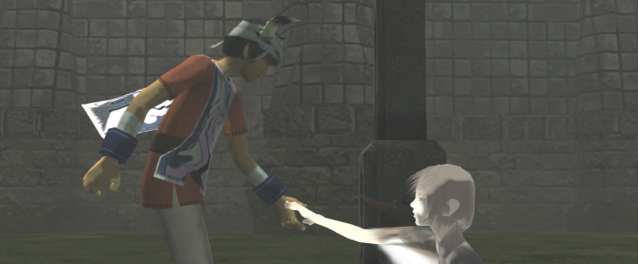
Ico is a good case study for this distinction. Yorda’s primary mechanical function is as a key to open doors; the puzzles revolve around guiding her from A to B, but the challenge lies in overcoming her inability to traverse the environment or defend herself. Players of Ico are largely divided between those who became endeared towards Yorda as a character and were inclined to forgive her flaws, and those for whom her gameplay function overrode any semblance of worth in her as a character.
I fell into the latter group. Yorda inhibited my escape from the castle more severely than she facilitated it, so my relationship with her was defined by frustration and trying patience. This design practice is amazingly effective at stimulating player response, so much that it can supersede everything else of the narrative weave. Yorda’s mechanical function agreed with her characterization as burdensome and inept, causing me to resent her.
It soon became a nightmare, trying to drag her through the castle and protect her from her attackers. My relationship with her was motivated solely by her use to progress in the game. When the final door was unlocked, her usefulness expired; I felt no remorse for wanting to leave her behind.
Monstrous though it may be to discard another human being once convenient, to me Ico justified my response by virtue of emphasis of her gameplay role. She was little more than a means to my escape, her value extending only so long as she furthered my progression. Instead, my affection was directed towards a sword that later adopts Yorda’s role for opening doors but isn’t arduous for navigation or combat.
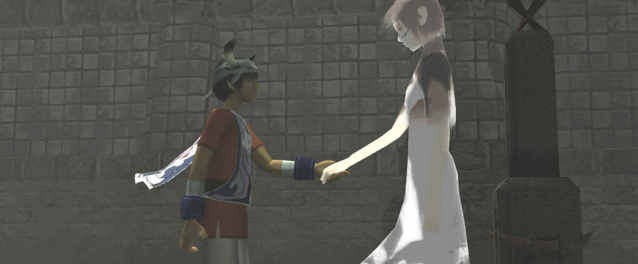
This design ethos shapes our gameplay experience according to the powers and limitations of other characters, thereby conditioning us to view other people as comparable to objects of worth or hindrance. Ico told me to absorb Yorda in terms of how she advances and obstructs my in-game goals; by the metric of utility she came up as less valuable than an inanimate object.
It’s one thing to compare assault rifles by damage output and clip capacity. By definition these are tools, their quality measurable by how effective they are at performing a task. Designing a character in the same vein, as an application to be wielded and exploited, provokes a troublesome attitude. Mulling over a wife or a friend or a child with the same mindset as you would an accessory frames her as an extension of yourself and not a person in her own right.
Worse still is the deliberate correlation to capitalism in The Castle Doctrine: your wife is worth only as much as the cash you stand to lose. Her value as a mechanic is ostentatiously quantified, translatable to how many things you can buy if she continues to live. Ascribing her worth in this way devalues her as a character in her own right; working within The Castle Doctrine’s systems, what would be a wise play if her worth was less than the cost to protect her?
Valuing people as tools for one’s power grabbing is generally accepted as villainous behaviour. GLaDOS sees humans as expendable for the sake of scientific advancement; Fontaine uses Jack as a weapon against Ryan; government agents exploit and betray John Marston; Alex Mercer and Kain consume innocent people by the truck-load to replenish health. Yet designers from Ico to BioShock Infinite believe commoditization of people encourages healthy relationships, as if functionality is a substitute for empathy.
Turning the damsel of the hour into a coin dispenser is one example of misplacing value. Designing moral decisions according to whatever toy results is another. Whenever narrative is considered consequential, and the player’s actions ‘meaningful’, by virtue of deviations in gameplay, the emphasis on utility is bolstered. Whenever an NPC is prized primarily by the uses she grants the player, she is objectified.
A line exists between giving valuable characters mechanical uses and imbuing characters with value via their benefits to the player. It’s the difference between humanity and exploitation.
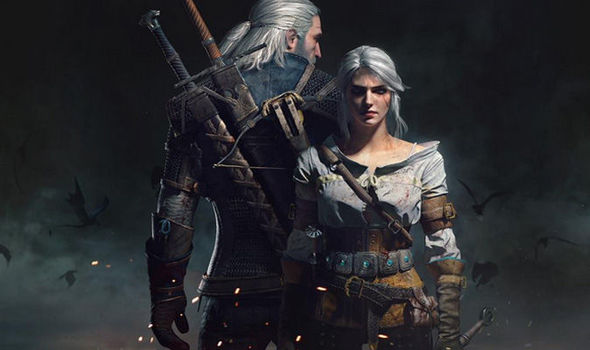
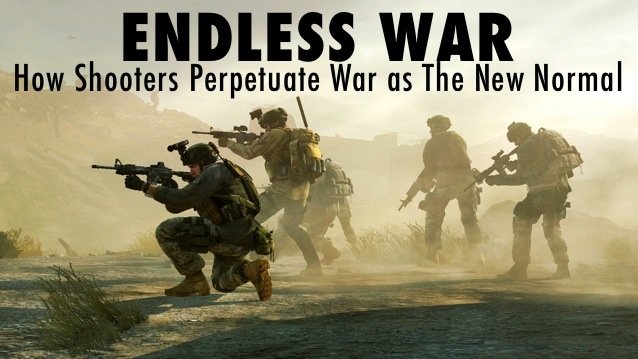
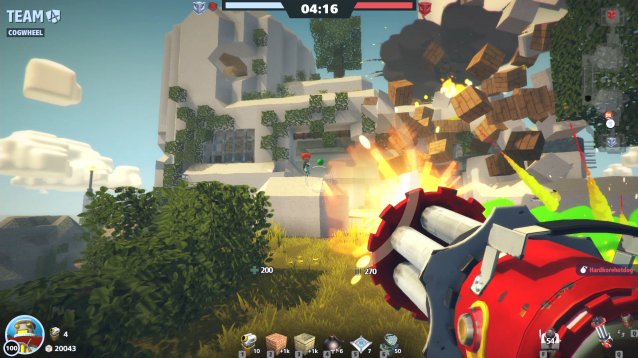
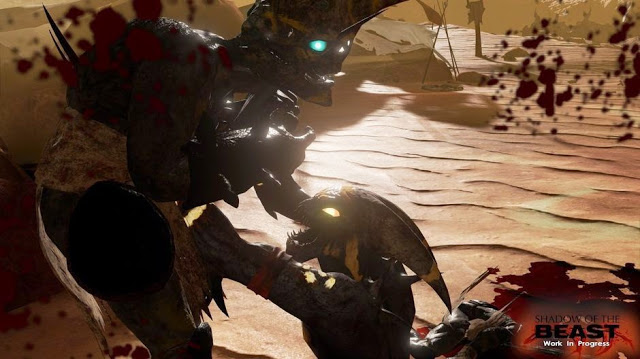
 Reuniting The Family Guide GTA V
Reuniting The Family Guide GTA V 3 Simple Opportunities for Major Life Improvements in 2016
3 Simple Opportunities for Major Life Improvements in 2016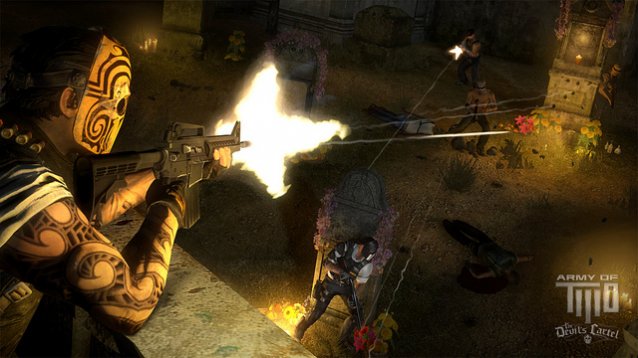 Army Of Two: The Devils Cartel Hands On: The Bromance Is Over
Army Of Two: The Devils Cartel Hands On: The Bromance Is Over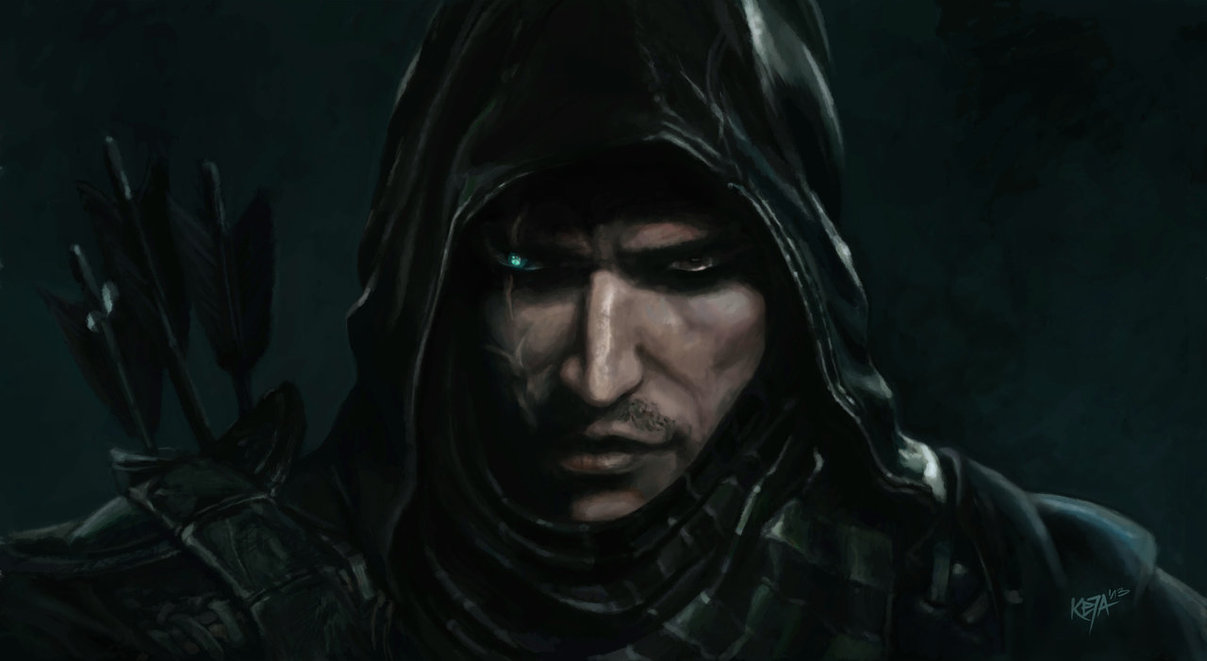 Thief: How to Make Money
Thief: How to Make Money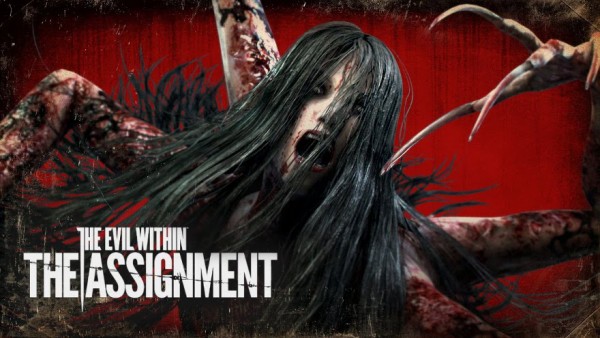 How to create The Evil Within: The Assignment Working SLI profile
How to create The Evil Within: The Assignment Working SLI profile